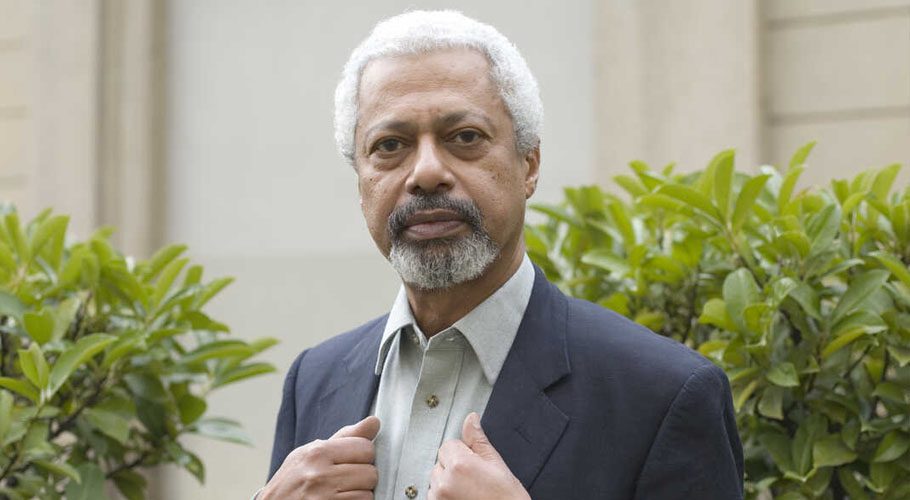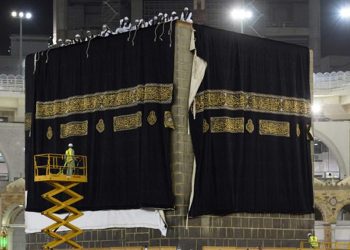STOCKHOLM: Tanzanian novelist Abdulrazak Gurnah won the 2021 Nobel Prize in Literature “for his uncompromising and compassionate penetration of the effects of colonialism and the fate of the refugee,” the award-giving body said.
Based in Britain and writing in English, Gurnah, aged 72, joins Nigeria’s Wole Soyinka as the only two non-white writers from sub-Saharan Africa ever to win the world’s most prestigious literary award. His novels include “Paradise”, set in colonial East Africa during World War One and short-listed for the Booker Prize for Fiction, and “Desertion.”
“Gurnah’s itinerant characters in England or on the African continent find themselves in the gulf between cultures and continents, between the life left behind and the life to come,” Anders Olsson, head of the Swedish Academy’s Nobel Committee for Literature, told reporters.
“I dedicate this Nobel Prize to Africa and Africans and to all my readers. Thanks!” Gurnah tweeted after the announcement.
He left Africa as a refugee in the 1960s amid the persecution of citizens of Arab origin on the Indian Ocean archipelago of Zanzibar. He was able to return only in 1984, seeing his father shortly before his death.
His selection for the top honour in literature comes at a time of global tensions around migration, as millions of people flee violence and poverty in places such as Syria, Afghanistan and Central America, or are displaced by climate change, often taking tremendous risks during their passages.

Olsson said the committee’s choice was not a response to recent headlines, and it had been following Gurnah’s work for years. In an interview Gurnah expressed amazement at the resolution and courage of those who travelled so far to escape their own countries for a new life.
“This somehow is constructed as if it’s immoral – you know they use this phrase ‘economic migrant’ – as if to be an economic migrant is some kind of crime. Why not?”
“Millions of Europeans over centuries left their homes for precisely that reason and invaded the world for precisely for that reason,” he said in his garden in the English city of Canterbury.
Though Swahili was his first language, English became Gurnah’s literary tool when he began writing at the age of 21. He has drawn inspiration from Arabic and Persian poetry as well as the Koran, but the English-language tradition, from William Shakespeare to V.S. Naipaul, would especially mark his work.
“That said, it must be stressed that he consciously breaks with convention, upending the colonial perspective to highlight that of the indigenous populations,” said the academy.
This was the second straight year that the Nobel Prize in Literature was awarded to a writer in English, and the fourth of the last six, an unusually long stretch for the prize to be dominated by a single language.
Since Soyinka became the first African to win the prize in 1986, it has been won by Egypt’s Naguib Mahfouz and three white African writers – South Africans Nadine Gordimer and J.M. Coetzee, and Doris Lessing, who was raised in British-ruled Southern Rhodesia, now Zimbabwe.
Past winners have primarily been novelists such as Ernest Hemingway, Gabriel Garcia Marquez and Toni Morrison, poets such as Pablo Neruda, Joseph Brodsky and Rabindranath Tagore, or playwrights such as Harold Pinter and Eugene O’Neill.




































